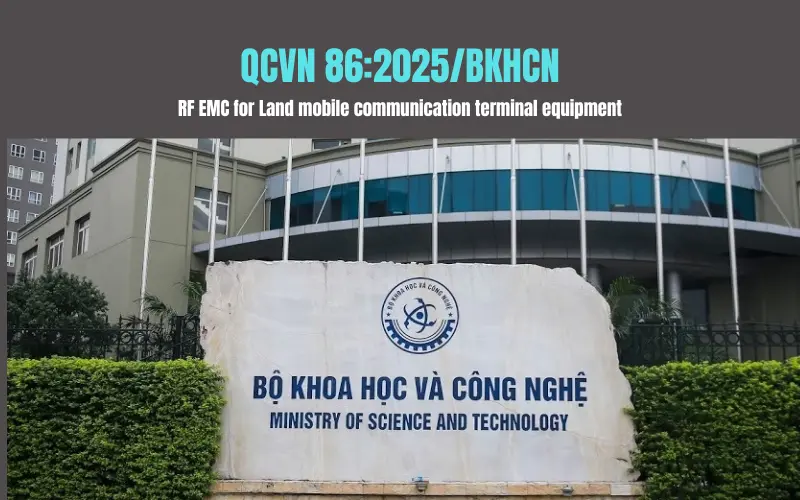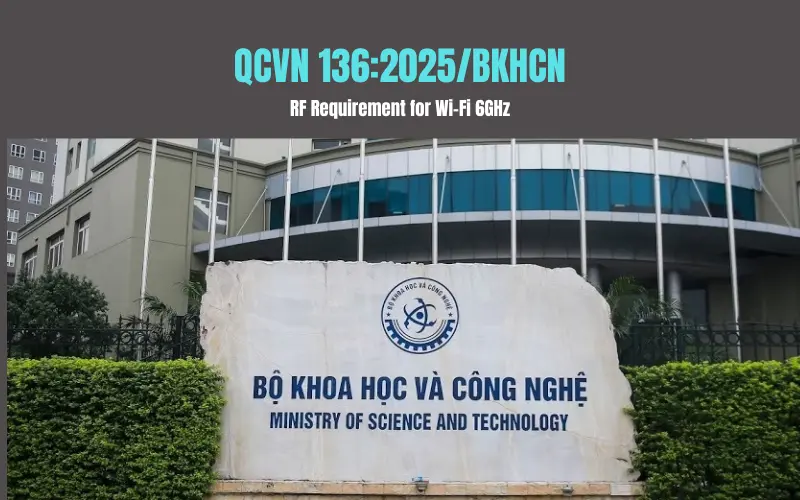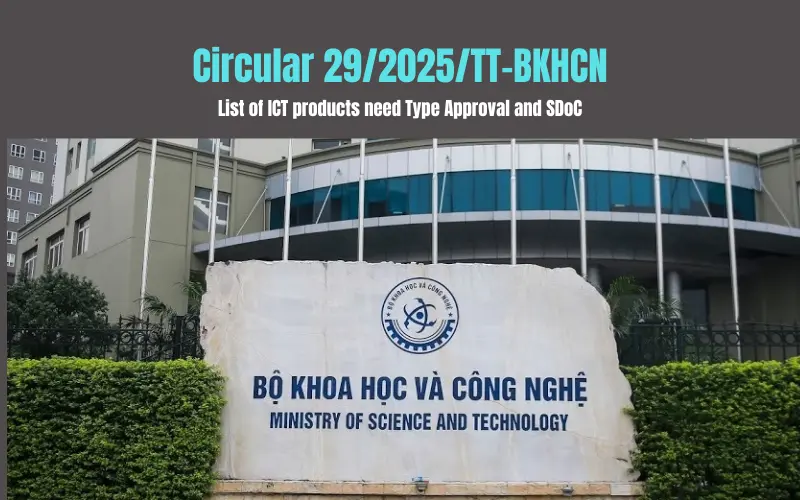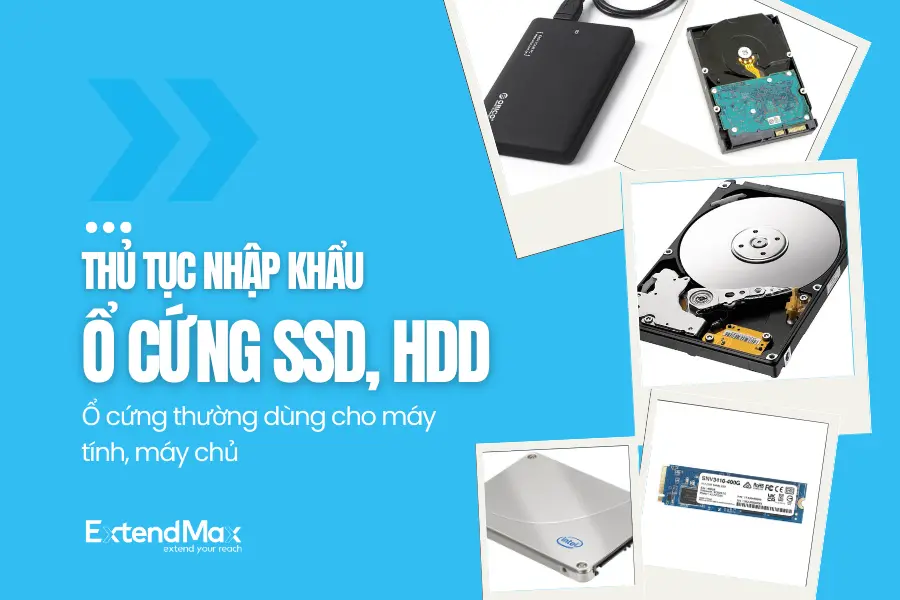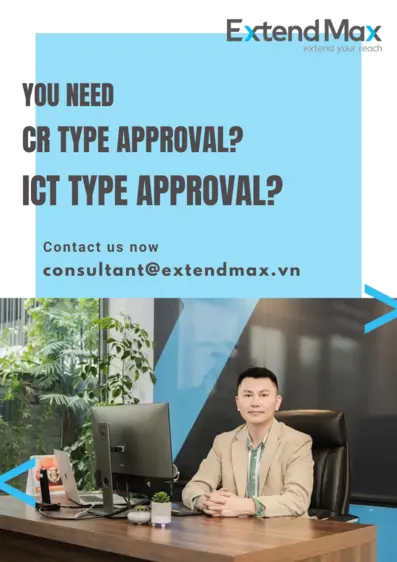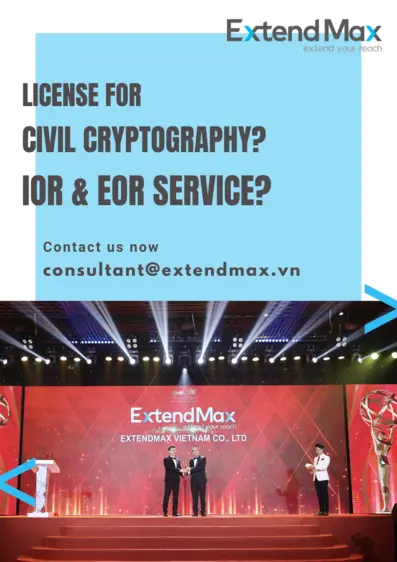Along with the development of the economy, RFID smart cards are increasingly imported into Vietnam to serve the purposes of managing goods in warehouses, factories, and supermarkets. However, importing these magnetic cards and RFID paper labels seems simple, but there are many difficulties in actual import-export and customs clearance due to the HS codes of products on the list that require licensing and inspection. state quality. We believe that this article guiding import procedures will help you answer myths in the process of importing and exporting goods, handle difficulties encountered during customs clearance, and have a comprehensive view of the import and export procedures. specialized testing policy for this popular product type.
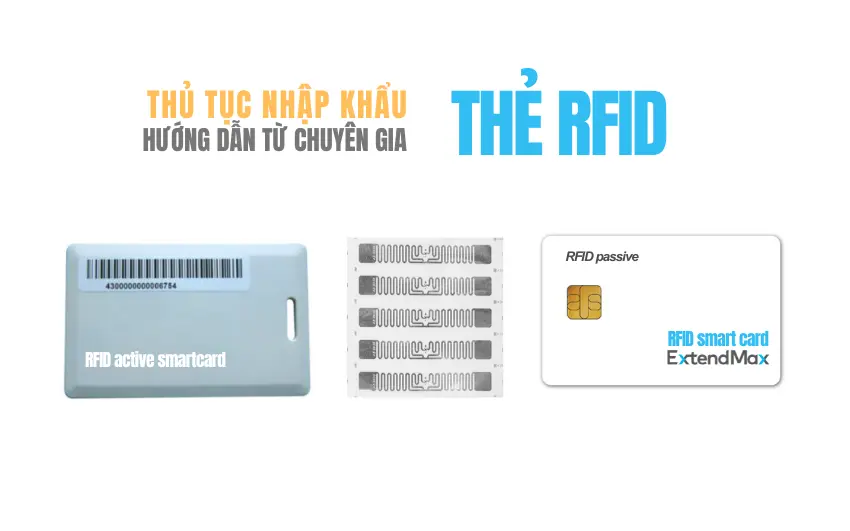
What are identification cards and smart cards?
RFID identification cards are smart cards or paper labels with integrated electronic circuits that use radio frequency identification technology (RFID) to identify objects that need to be managed or controlled for security. In English, RFID tags are called RFID tags.
A typical identification system includes two parts: an identification card with an integrated identification chip and a reader (RFID reader) to process and read the data recorded on the card.
Classifying RFID card and smart cards
There are many ways to classify smart identification cards, below is how to classify them
Classified by operating frequency
NFC identification card: uses 13.56MHz frequency
RFID tags in general: use LF frequency 125kHz, or UHF 860MHz~925MHz.
Classified by physical shape
Rectangular plastic cards (eg magnetic cards often used in parking lots, building access cards...)
Paper labels with integrated chips to attach to products or packaging to control the production, import and export process...
Other shaped tags (this type often has a battery, used to track animals or goods in supermarkets from a longer distance than regular tags)
Classified by energy source
Passive tag (RFID passive or NFC passive): This type of tag has no power source, only uses magnetic induction current to operate, and can only be used at very close distances (<10cm).
Active tag (RFID active tag or NFC active tag): This type of tag has a power source included in the same device case, usually a coin cell battery, and can operate at a longer range than passive tags.
Common types of RFID tags
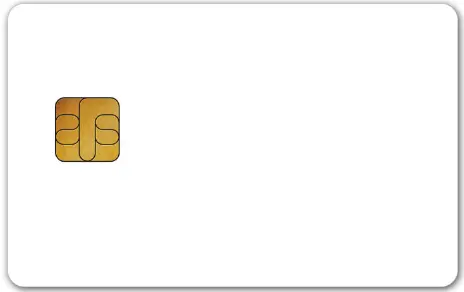
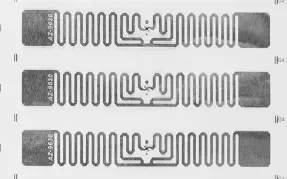
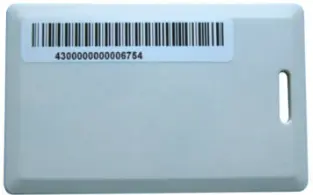
HS code and import tax rate
Identification card with HS code 85235200 belongs to group 8523 - Discs, tapes, solid-state durable storage devices, “smart cards” and other information storage media for recording sound or content, other forms of expression, whether or not recorded, including templates and masters for the production of tapes and discs, but not including the products of Chapter 37
Specific tax and HS code details are as follows:
| Goods description | HS code | Import duty (normal) (%) | Preferential import tax (%) | VAT (%) |
| -- "smart card" | 85235200 | 5 | 0 | 10 |
Misconceptions in import policy
Because the HS code 85235200 is also in the list of group 2 goods of the Ministry of Information and Communications and the list of civil cryptographic products requiring import and export licenses, many of you have been extremely worried about the specialized inspection policy applied. for RFID smart cards and encounter many problems when clearing customs. So does this type of goods really require a specialized license? Let's take a look at our analysis below:
Do RFID labels need a civil cryptographic license?
Smart cards with HS code 85235200 belong to the list of civil cryptographic products that require an import and export license (Decree 32/2023/ND-CP) when they have the following description:
| Mã HS | Tên gọi | Mô tả chức năng mật mã |
| 8523.52.00 | - - "Thẻ thông minh" | Sản phẩm là thành phần mật mã trong hệ thống PKI; sản phẩm bảo mật dữ liệu lưu giữ. |
Pursuant to Decree No. 53/2018/ND-CP:
"Article 2. Application of the List of civil cryptographic products exported and imported under license
1. List of civil cryptographic products exported and imported under license only applies to civil cryptographic products whose HS codes, names and descriptions of cryptographic functions are identical to the HS codes. , name and description of cryptographic function of goods in the List."
Conclude:
- RFID labels and identification cards are not cryptographic components in the PKI system and do not have the function of securing stored data, so they do not require a civil cryptographic license.
- In case of problems related to the procedure for applying for a civil cryptography license and you need evidence from the issuing authority, you can contact ExtendMax to request a certificate confirming that the product is not a product. Civil code for convenient customs clearance
Is the RFID card subject to ICT Type Approval?
Circular 02/2024/TT-BTTTT has the following regulations for HS code 8523.52.00 as follows
| Name of Products and Goods | HS code | Description of products and goods |
| RFID card | 8523.52.00 |
- Radio transceiver device, storing information in the form of a tag carrying an electronic chip (RF tag), mounted on the object that needs identification; Only applicable to cards with power source. Radio identification equipment (RFID) is not included in section 4.2, Appendix II of this Circular.
|
Conclusion: As you can see, the Ministry of Information and Communications's list of group 2 goods only requires quality inspection of imported goods and regulation conformity certification and declaration of conformity for RF tags with power sources. Therefore:
- Only a small number of active RF tags, the type with power source (coin battery) are subject to specialized inspection by the Ministry of Information and Communications.
- Passive RFID tags and passive RFID labels do not require licensing procedures from the Ministry of Information and Communications.
Set of documents to import smart cards
The set of documents for importing RFID labels includes:
- Bill of lading B/L or AWB
- Commercial Invoice
- PO or Purchase Contract
- Document describing technical characteristics of the product or catalog
- Product photos (if any)
- CO Certificate of Origin (if any)
- Civil Cryptography items Exemption Letter (if any)
- State quality inspection registration letter (only applicable to cards with power source)
Procedure to import smart cards
According to the instructions above, most imported smart cards are not subject to specialized inspection, you can carry out the import process like normal goods. For smart cards with radio reception and separate power source (battery or DC power supplied via wire), we follow the following import process.
Step 1: Check the broadcast frequency to see if it complies with the Circular on frequencies exempt from use licenses (if not, do not import).
Step 2: Register for state quality inspection at the Department of Telecommunications
Step 3: Open the declaration at the border gate customs department
Step 4: Clear customs and take goods to the enterprise's warehouse
Step 5: Carry out ICT conformity certification procedures for wireless products
Step 6: Declaration of conformity (self-assessment of conformity)
Step 7: Apply ICT compliance logo and sell, or use it yourself
Above are all the notes on procedures for importing magnetic cards, RFID cards and smart cards in general guided by ExtendMax experts. We believe that this article will help you have an overview of the steps to prepare and carry out customs clearance procedures smoothly and quickly.
Useful guide: Market access and type approval guide for RFID reader
Follow us via FB FanPage or LinkedIn to stay updated with the latest information
Please leave a comment and share the article if you find it useful in your work
↓ ↓ ↓ ↓ ↓ ↓ ↓


